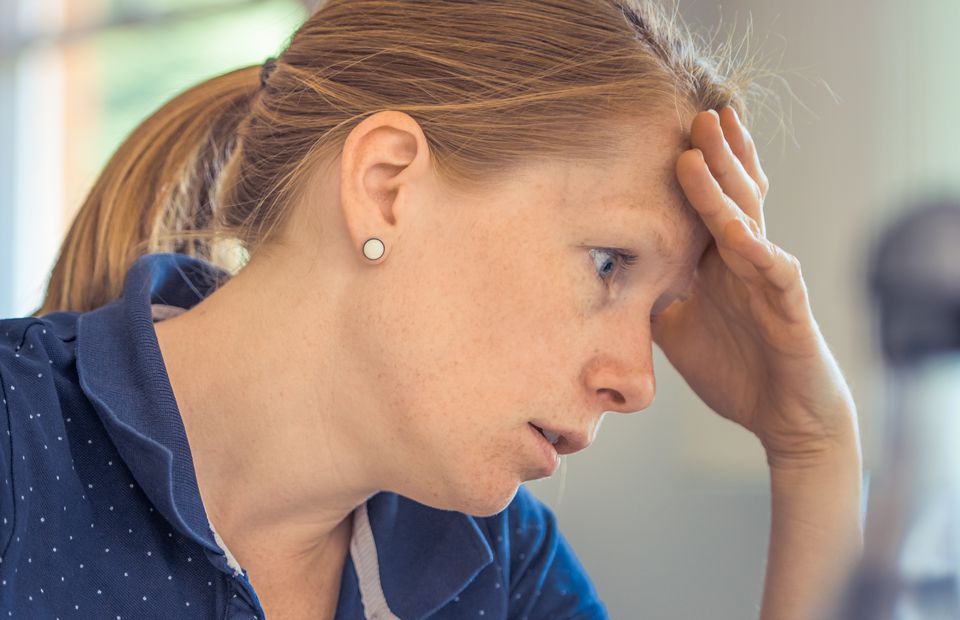Photo by Samson Katt from Pexels
You deserve a mental health day—whenever you need it.
A mental health day might make you feel like you're slacking, but when you're at your wit's end, it's important to back out before you burn out.
No matter what stage of your career you’re in, you’ve probably experienced an extreme amount of stress related to your profession. Even when you love your job, becoming successful comes with a lot of worries
and hard work.
Over time, this can start to wear on you, and mental and physical exhaustion can start to take its toll. If you’ve wondered when, or if, you’ll catch a break, the answer is simple—this is why mental health days exist.
The Important of Mental Health Days
Taking one can come with a lot of guilt, especially if you love your job or are responsible for important projects, but it’s important to remember that none of your work is going to get done if you feel like you’re dragging yourself through the workday.
Whether it’s stress, depression, anxiety, or another mental health issue getting you down, it’s really essential to take a day to focus solely
on yourself and your wellbeing. Not taking a mental health day when you really need one will start to affect both your
productivity and your physical health.
It’s also important to remember that if you’re feeling truly exhausted, your coworkers, managers, and customers, or clients can probably tell. Still, there’s no guarantee they’ll understand your behavior is the result of stress.
How is the stress affecting your outward behavior? Take a mental health day before your boss starts to assume that you have a bad attitude or hate being at the office. How you’re feeling may be entirely unrelated to work, but you can’t expect others to realize that.
Whether it’s stress, depression, anxiety, or another mental health issue getting you down, it’s really essential to take a day to focus solely on yourself and your wellbeing.
When to Take a Mental Health Day
Now that you know you can and should take a mental health day, it’s time to figure out the right timing. Before you take a mental health day, ask yourself these questions:
- Are you unable to pinpoint where your distress is coming from? Or is it directly related to an upcoming deadline or presentation?
- Do you have a big project or meeting coming up? Are your coworkers depending on you for something soon?
- Are you starting to resent the job you once loved?
If you think your stress and worry are related to big projects and will likely fade away once you’ve finished them, try to hold off on taking a mental health day
until after the project is completed, so no one is left waiting around for you.
Plan your mental health day during a time when you’re not essential to the day-to-day activities in your office. It will give you something to look forward to and will motivate you to push through your work.
If you don’t understand where these unsettling feelings are coming from and you’re starting to dread heading to the office every day, take a day off as soon as you can.
Feeling this way is a perfectly valid reason not to go to the office. When you call out, you don’t need to provide any reason other than the fact that you’re not feeling well. If possible, take off a Friday or Monday (or both) to give yourself a nice long weekend to sort things out and recuperate.
Statistics on Anxiety and Mental Health at Work
When feelings of exhaustion or
anxiety persist even after you’ve taken a break, that may be a sign of a bigger issue. According to
NAMI, one in five adults—that’s 43.7 million—experiences mental illness in a given year, and one in 25 experiences a mental illness that interferes with their day-to-day activities.
Mental health issues are incredibly common and should not be ignored. Talk to a medical professional to see if something more than stress could be going on. Listen to your mind and body, and get yourself the help and rest that you deserve.
How to Take a Mental Health Day—The Template
If you jumped right here, get your copy + paste keys poised. It's time to request that mental health, set your phone to airplane mode, and take care of yourself.
Here is an email template for a mental health day. Use it as a starting point.
Hi [NAME],
Unfortunately, I need to take a sick day today, [DATE]. I will try to check my email this morning and again before EOD, but will probably need to spend the day resting up. I have crafted an OOO message to redirect anything urgent to [COWORKER] who is fully aware that I will be unreachable today.
I’m not working on anything that needs to be finished before tomorrow, so I’ll hopefully get back on track by tomorrow, [DATE].
Thank you for your understanding.
Best,
[YOUR NAME]
Taking a mental health day is a total Power Move to preserve yourself. Speaking of...











